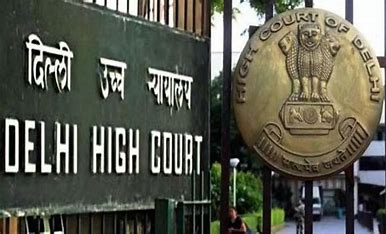New Delhi: The Delhi High Court has recently ruled that individuals in positions of authority can’t be held liable for abetting a staff member’s suicide without evidence of criminal intent.
Justice Amit Sharma made this observation while quashing a trial court order that had summoned the former principal of B.R. Ambedkar College at Delhi University and a senior assistant from the principal’s office in connection with the 2013 suicide of a female staff member.
In his order dated October 29, Justice Sharma stated, “A person holding a certain post, whether in the private or public sector, must make decisions that can sometimes be harsh and may adversely affect employees.” He emphasized that without the requisite mens rea—the intention to commit a crime—such actions cannot be classified as incitement or abetment under Section 306 of the Indian Penal Code (IPC).
The court noted that there cannot be a blanket rule regarding liability, as each case must be evaluated based on its unique facts and circumstances. The two petitioners challenged a 2014 trial court order summoning them in connection with the case of a former employee who succumbed to injuries after setting herself on fire in front of the Delhi Secretariat in 2013.
A purported suicide note linked the woman’s self-immolation to alleged mental and physical harassment by the college principal and the senior assistant, among others. Before her death, she had given a statement to a sub-divisional magistrate. accusing these individuals and several authorities, including the Delhi University Vice-Chancellor and the then Chief Minister, of failing to support her.
The woman claimed she faced an excessive workload and harassment and alleged that her complaints were ignored. She also stated that she was “unjustly terminated” from her job in 2012.
The high court found that all her complaints had been addressed and closed by the appropriate authorities following inquiries.
Delhi HC quashes summons against former DU College principal
- Advertisement -

